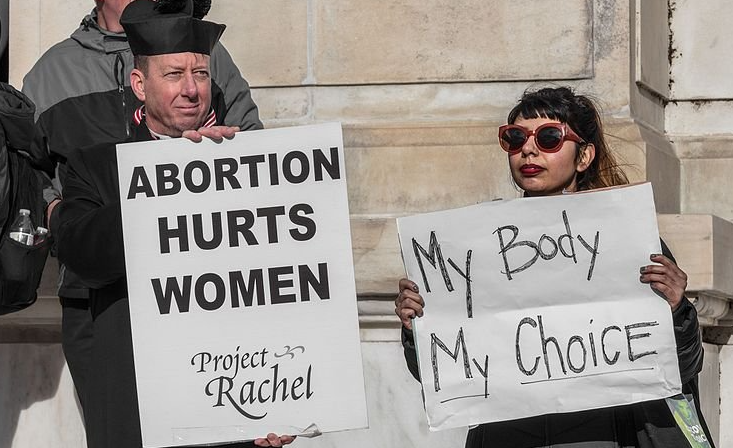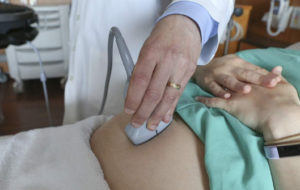
Advancements in technology have the potential to revolutionize healthcare, including abortion care. As society’s progress and reproductive rights are increasingly recognized, the future of abortion care is evolving to provide safer, more accessible, and patient-centred options. This article explores the promising technological advancements shaping the future of abortion care and their implications for improving access and women’s reproductive autonomy.

Telemedicine and Abortion Pills
Telemedicine, the use of telecommunications technology to provide medical services remotely, is transforming abortion care accessibility. Through telemedicine, women can consult with healthcare providers via video calls, receive counselling, and get prescriptions for abortion pills from the comfort and privacy of their homes. This approach expands access to safe and legal abortion, particularly in regions with limited healthcare facilities or restrictive abortion laws.
Self-Managed Abortion with Medical Guidance
Self-managed abortion, under the guidance of medical professionals, is emerging as an option for women seeking more control over their reproductive decisions. Advances in medical knowledge and protocols have led to improved guidelines for safely self-administering abortion pills at home. By providing detailed instructions and medical support, healthcare providers can empower women to make informed choices about their reproductive health. However, it is crucial to ensure that women have access to accurate information, counselling, and follow-up care to ensure the safety and efficacy of self-managed abortion.
Innovations in Abortion Procedures
Advancements in medical technology are enhancing the safety and efficiency of abortion procedures. Minimally invasive techniques, such as ultrasound-guided abortion and manual vacuum aspiration, reduce risks and discomfort for patients. These innovations allow for earlier detection of pregnancies and more precise interventions, contributing to improved abortion care outcomes. By providing safer and less invasive procedures, healthcare providers can ensure that women have positive experiences during their abortion care journey.
Reproductive Health Apps and Information Platforms
The rise of mobile applications and online platforms dedicated to reproductive health is reshaping how women access information and support for abortion care. From tracking menstrual cycles to providing information on contraception and abortion options, these apps offer a discreet and convenient way to access accurate, evidence-based information about reproductive health and family planning. By promoting access to reliable information and counselling, reproductive health apps empower women to make informed decisions about their reproductive choices.
Expanding Access to Abortion Care in Underserved Areas
Technological advancements in telemedicine hold the potential to expand access to abortion care in underserved areas. Mobile clinics equipped with telemedicine capabilities can reach remote regions. Thus enabling women to access safe and legal abortion services without travelling long distances or facing societal stigma. By ensuring access to abortion care in underserved areas, healthcare providers can address disparities and promote reproductive justice for all women.
The Role of AI in Abortion Care
Artificial Intelligence (AI) is gradually finding its place in healthcare, and its application in abortion care holds promise. AI-powered algorithms can aid in detecting ectopic pregnancies, providing real-time counselling, and predicting potential complications. Integrating AI into abortion care can enhance accuracy, efficiency, and patient outcomes. However, it is crucial to prioritize ethical considerations, data privacy, and transparency in implementing AI-based solutions.
Addressing Ethical and Legal Considerations
While technological advancements present opportunities for improved abortion care, they also raise ethical and legal considerations. Ensuring data privacy and confidentiality for women accessing telemedicine services is crucial. Additionally, navigating the legal landscape surrounding abortion and telemedicine requires careful attention to comply with local laws and regulations.
Conclusion
The future of abortion care is evolving with rapid technological advancements, promising a more patient-centred, accessible, and safer experience for women seeking reproductive healthcare. Telemedicine, self-managed abortion with medical guidance, innovations in procedures, and reproductive health apps are transforming the landscape of abortion care. As these technologies continue to advance, addressing ethical and legal considerations remains paramount to safeguard women’s reproductive autonomy and privacy.










 The Realities Concerning Abortion
The Realities Concerning Abortion




